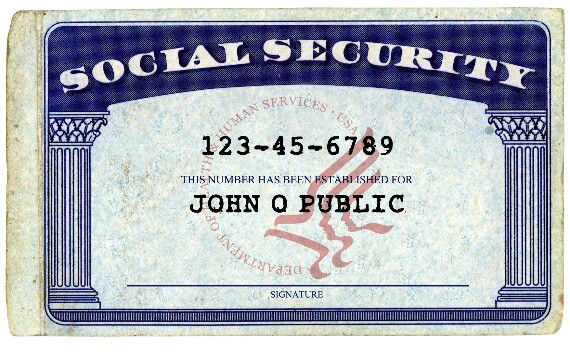The 2018 IRS Dirty Dozen
March 27, 2018 9:10 AM













The International Auditing and Assurance Standards Board is proposing to tailor its standards to align with recent additions to the IESBA's Ethics Code.
Accounting Today is looking for the top 100 value-added resellers in the accounting space. The deadline this year is end of day, Friday, May 23, 2025.
The Iowa Society of CPAs announced Carrie Steffen as its next CEO, effective May 19.
Plus, Emburse launches new mobile app with AI; Bill announce new procurement capabilities; and other accounting tech news.
NJCPA awards $190K in scholarships; Iowa Society of CPAs names next CEO; and more news from across the profession.
The survey window for our annual ranking of the top CPA financial planners by assets under management is now open.